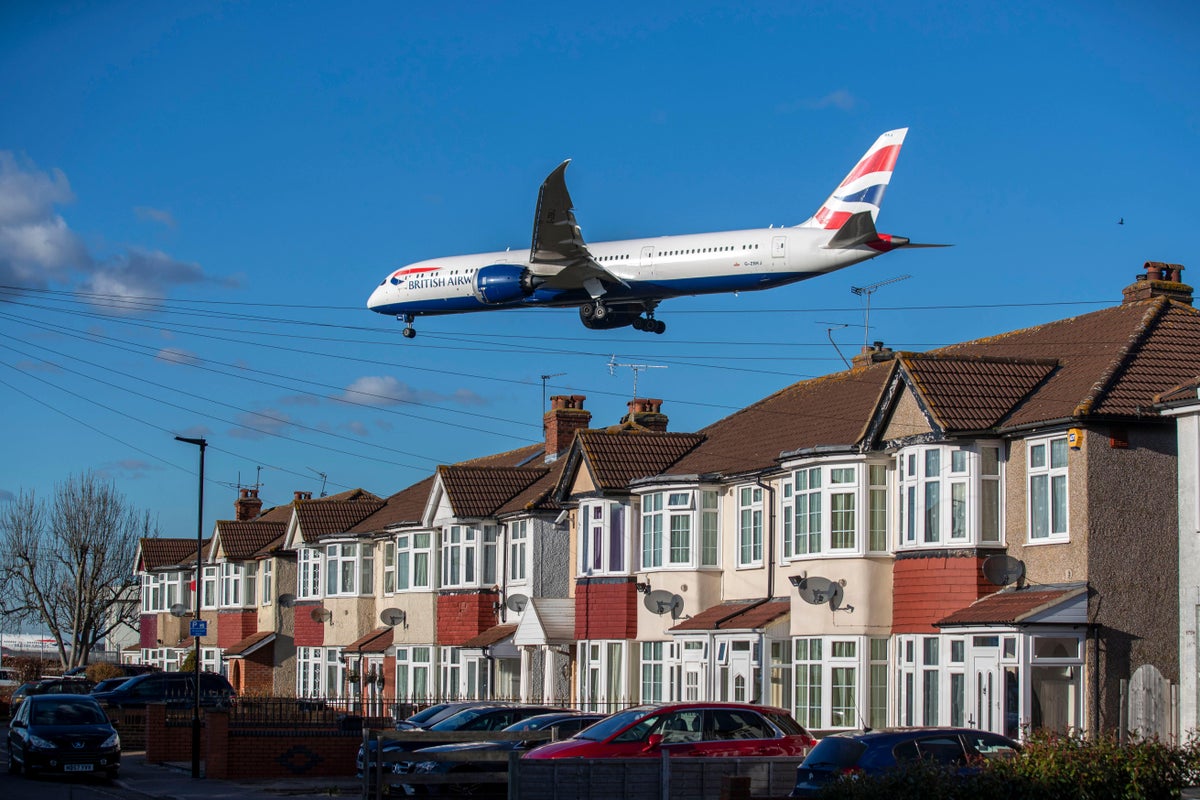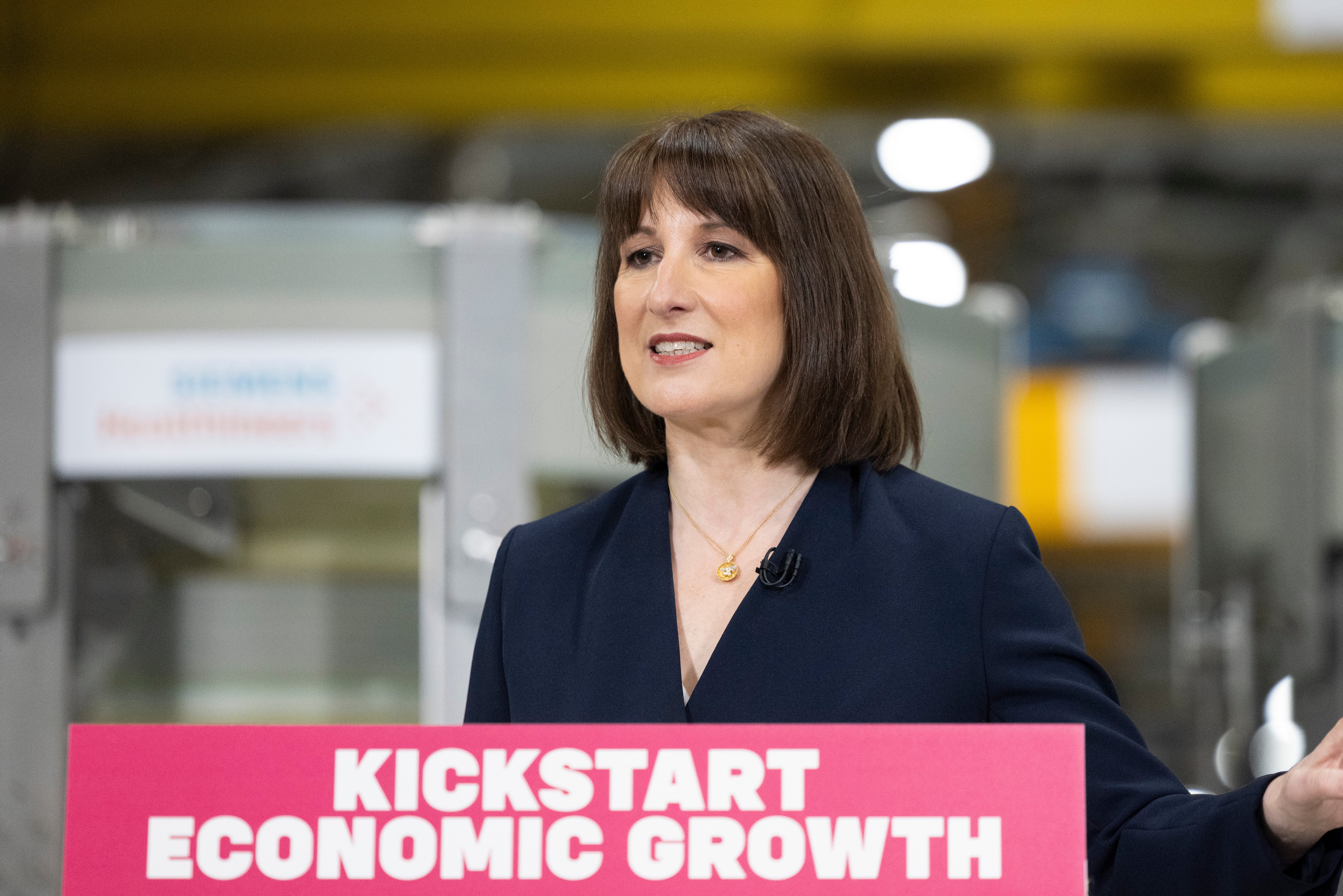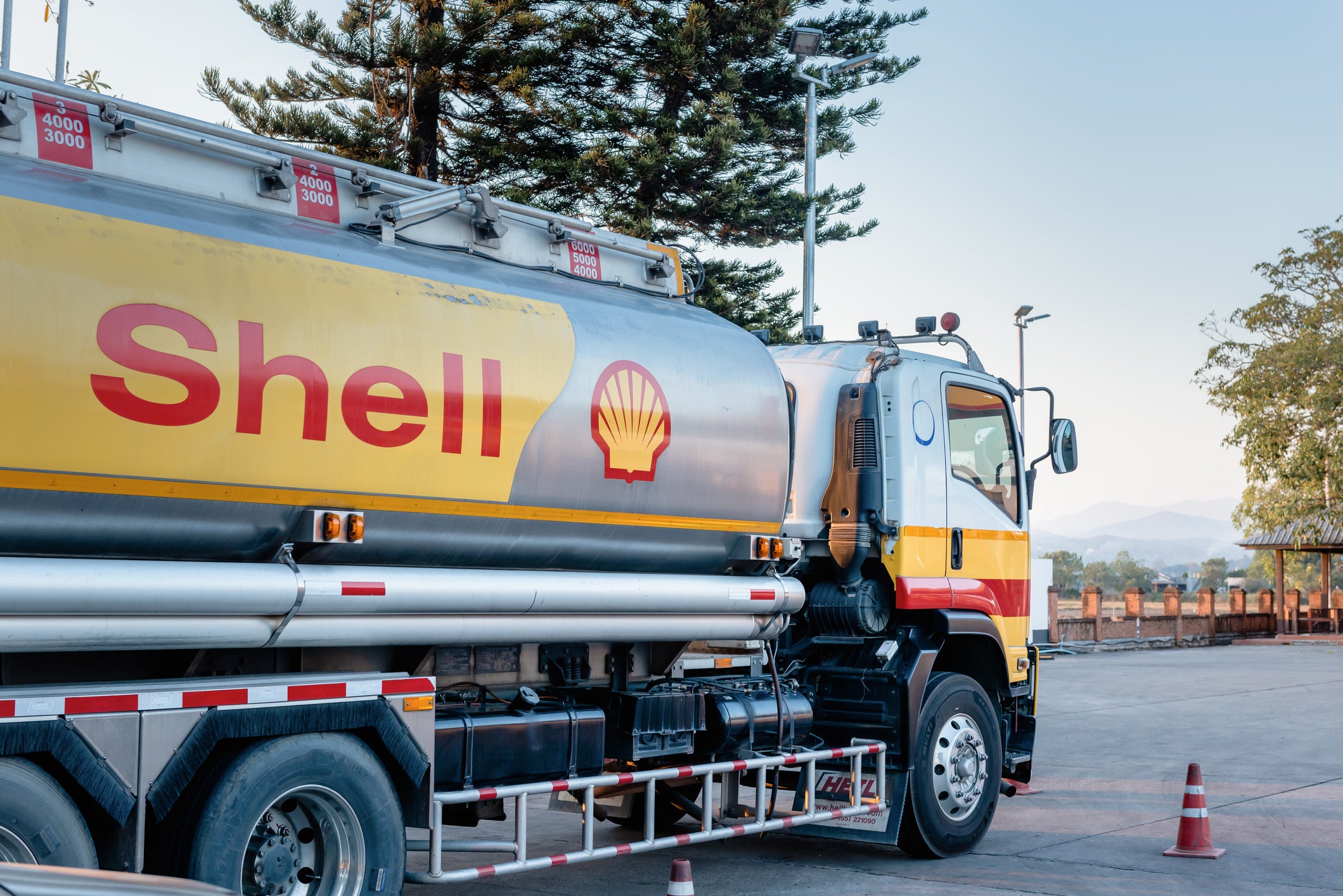
Government plans to use green jet fuel to offset the environmental impact of airport expansions have been rubbished as the boss of Shell, Wael Sawan, called the initiative into question.
Chancellor Rachel Reeves had said ‘sustainable aviation fuel’ (SAF) is essential as projects like Heathrow’s third runway go forward, but comments from the industry chief put business backing in doubt.
Last week, the Chancellor described SAF as “a game-changer in the way that we fly” as she backed the long-delayed runway at Britain’s biggest airport. But Mr Sawan, chief executive of oil giant Shell, has said SAF is too expensive, meaning airlines will be slow to take it up.
Early in January, the government’s ‘SAF mandate’ became law, requiring two percent of the aviation fuel supply in 2025 to be from sustainable sources. This will rise to ten per cent by 2030, and eventually 22 per cent by 2040.

The Department for Transport says the fuel is one of the key measures needed to ensure the UK can still reach net zero emissions from aviation by 2050. Studies show that it reduces greenhouse gas emissions by 70 per cent compared to fossil kerosene, a common kind of jet fuel.
Following the chancellor’s landmark speech on economic growth in January, the DfT announced that the mandate would be backed by £63 million of investment over the next year to support SAF producers across the UK.
What did the Shell boss say about Labour’s plan?
The current take up of SAF in the aviation industry is “less than 0.1 per cent,” Mr Sawan said. It is more expensive to produce than regular jet fuel, giving bosses little incentive to take up the product.
“The reality is that SAF is more expensive and therefore unless there are mandates — obligations on either customers or airlines — it is difficult to see a penetration that is going to be massive,” he said.
“SAF is truly the only solution for the aviation sector, I think, for at least the next ten to 15 years — and it will grow. But I think, just from a fundamentals basis, it grows from a low base. I mean, airlines will not simply erode their bottom lines for the sake of it.”

The industry chief added that only stricter laws will be enough to ensure take up of SAF, acknowledging the importance of Labour’s SAF Mandate.
But it is important that “these mandates stick,” he added, telling The Times: “what we have seen, if anything, is a backsliding on mandates in multiple countries, which has of course impacted some of the investments we have made.”
It’s possible that Donald Trump’s new US administration will water down or even undo Biden-era SAF commitments in the country, rendering many investments by aviation companies fruitless.
Pouring water on the chancellor’s vision, Mr Sawan added that he thought only a “very, very small proportion” of aviation fuel around the world would be sustainable by 2035.
What is SAF?
Sustainable aviation fuel is an alternative to regular jet fuel, derived from ‘greener’ sources. Because it is refined from non-petroleum raw materials, it has much reduced emissions.
It is most commonly produced from sustainable ‘feedstocks’ like cooking oils and animal waste fat. Other sources can include home waste, like paper and cardboard, and forestry waste like wood.
The product will then be blended at up to 50 per cent with traditional jet fuel, creating a hybrid fuel that is more sustainable and produces less emissions.
In 2023, around 24.5 million gallons of SAF were used in the US, according to the country’s Environmental Protection Agency. This was just from just five million gallons in 2021.







